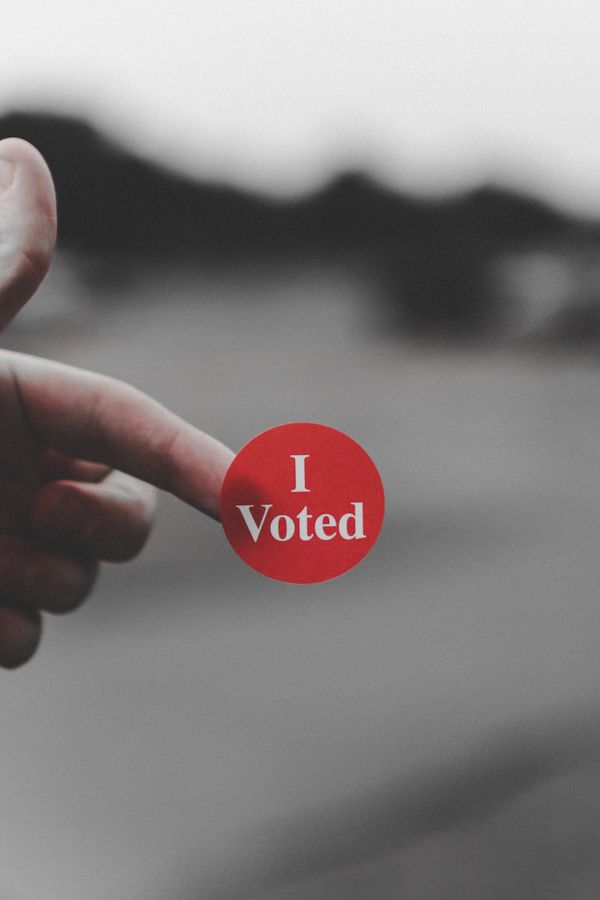Here are some REAL facts to start this article off, courtesy of americanaddictioncenters.org:
Genetics, including the impact of one's environment on gene expression, account for about 40 percent to 60 percent of a person's risk of addiction.
Environmental factors that may increase a person's risk of addiction include a chaotic home environment and abuse, parent's drug use and attitude toward drugs, peer influences, community attitudes toward drugs, and poor academic achievement.
Of the 2.3 million people in American prisons and jails, more than 65 percent meet the criteria for addiction.
In 2017, an estimated 20.7 million people age 12 and older needed treatment for a substance use disorder. Only 4 million people received treatment, or about 19 percent of those who needed it.
These are only a few of the statistics that emphasize the need to be not only factual in conversations about addiction but honest regardless of the personal bias you may have surrounding addiction or towards addicts.
Addiction is a disease.
It is a lifelong, chronic disease like diabetes, asthma, or hypertension. According to the National Institute on Drug Abuse, the definition of drug addiction is a "chronic, relapsing disorder characterized by compulsive drug-seeking, continued use despite harmful consequences, and long-lasting changes in the brain." Although science has time after time again shown that addiction is, in fact, a disease, society is still slow in catching up to the reality of those findings. People sadly continue to view addiction is a choice, a moral failure or shortcoming, and even a lack of willpower or strength. It is because of this that it is important to have a conversation that not only educates people who are unaware of the facts of addiction but to also have a conversation that helps rid the stigma against those suffering from substance use disorders.
No addict made the direct, well-aware decision to become part of such a shattering epidemic.
They did not want nor expect to develop a substance use disorder.
One temporary escape or one attempt at "letting loose" turns into years, or even a lifetime, of addiction that this person never intended.
No one person uses and thinks, "That's it! Today is the day that I am going to become an addict."
No one person up uses and says, "I am fully prepared to make my life a living hell, to destroy the person I currently am and I fully intend to hurt those around me."
That's not what addiction is.
I never thought I would get addicted to drugs and alcohol. I just wanted to numb the pain I was feeling inside, I was suffering. By the time I was 16, I was smoking weed, doing pills and cocaine and drinking daily. When I started to realize and those around me started to realize I had a problem it was already too late. I was already addicted, my body already formed a dependence. It was no longer about getting high or even feeling numb at this point, it was a way to survive. I faced having to go through withdrawals just to achieve sobriety. Withdrawals are scary and sometimes deadly. Symptoms can include things such as excruciating pain, insomnia, diarrhea, cold sweats, vomiting, nightmares and emotional detachment. Drugs change the way the brain works and is wired.
Addiction cannot always be stopped by a simple desire to quit.
Yes, some addicts make the first initial choice to use drugs. However, haven't we all made mistakes? Does someone who develops asthma due to years of smoking have any less valid of a disease? Does someone with heart disease due to unhealthy eating habits have any less valid of a disease? The choice to voluntarily try a drug the first time and a lapse in judgment should not be a death sentence for those suffering and shouldn't force those suffering to live a life of stigma and isolation.
Simply put, the stigma surrounding addiction is killing approximately 128 people per day in the United States. We need to educate ourselves and be empathetic to those struggling. Addiction is affecting people over all the United States regardless of gender, race, economical status, etc.
Addiction is not a choice nor a moral failure. It is a disease that is killing people all over the world and we need to handle this correctly.
























